Biography
(No Information)
Filmography
all 8
Movies 8
Writer 8
Information
Known ForWriting
GenderMale
Birthday1866-10-28
Deathday1936-01-05 (69 years old)
Birth PlaceVilanova de Arousa, Spain
RelationshipsJosefina Blanco (1907 - 1932)
ChildrenJaime Valle-Inclán Blanco
FatherRamón del Valle
RelativesJavier Valle-Inclán Alsina
CitizenshipsSpain
This article uses material from Wikipedia.
Last updated:
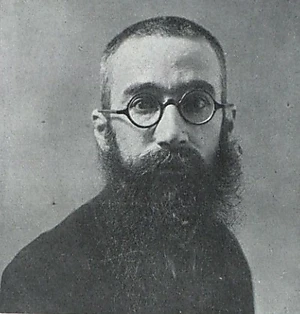 Ramón del Valle-Inclán
Ramón del Valle-Inclán- Filmography
- Information
- Related Persons
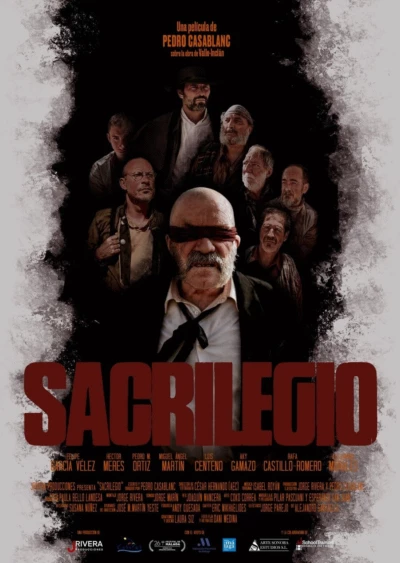
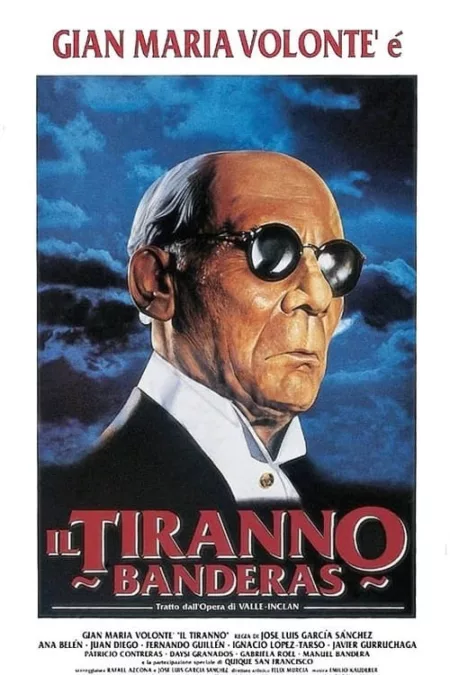
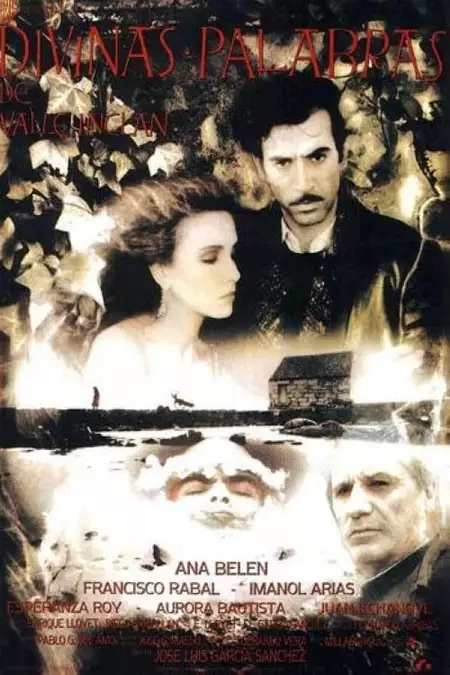
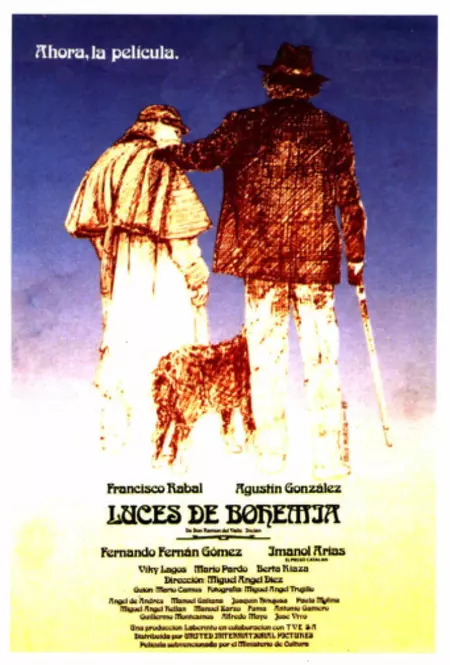
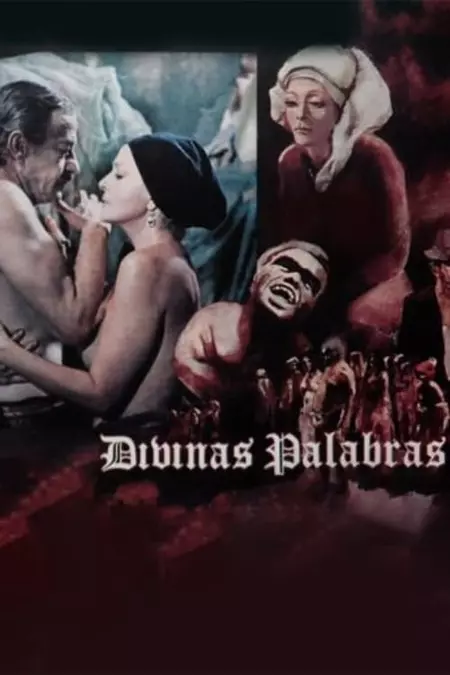
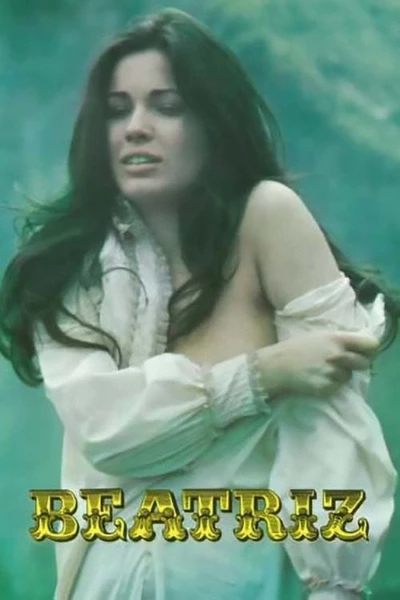
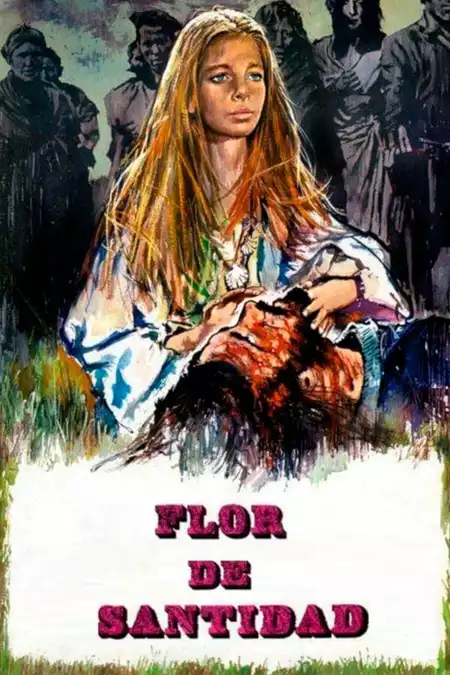
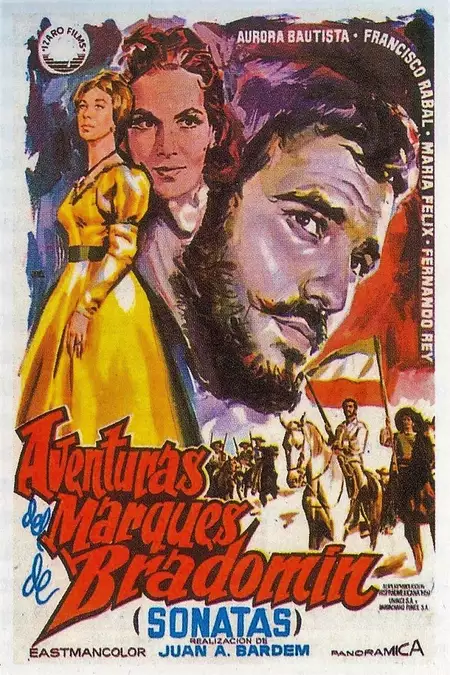

 ,
,